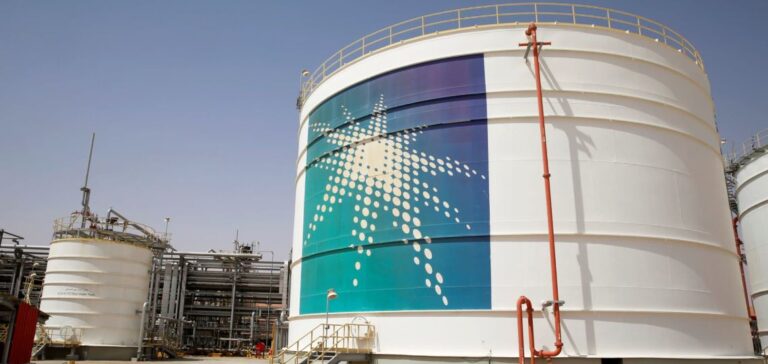The reduction in official selling prices (OSP) for Arab Light crude by Saudi Aramco for January 2025 shipments to Asia reflects weaker-than-expected demand. The differential for this flagship crude was reduced by 80 cents per barrel compared to the previous month, settling at a premium of 90 cents over the average of the Platts Dubai and GME Oman indices.
A context of price pressure
The cuts applied to other grades destined for Asia range from 60 to 70 cents per barrel. These adjustments come amid a decline in the Middle East oil complex, where imports of Russian crude and other arbitrage crudes have increased competition for traditional exporters. China, the world’s largest importer, has significantly contributed to this situation by diversifying its supply sources.
The Dubai crude market, a barometer of medium-sour crude values from the Middle East, saw its differential drop by 91 cents per barrel over the month, reaching a premium of just 67 cents over Dubai futures for November. This situation, combined with recent strategic decisions by OPEC+, prompted Aramco to respond.
A cautious but improvable strategy
OPEC+ announced on December 5 the postponement of its plan to increase oil production by three months, deferring it to April 2025. This measure aims to balance a market marked by global demand that struggles to keep pace with supply growth.
Despite the significant reduction, some market players believe that Saudi Aramco could have gone further. “Arab Light crude could have been slightly adjusted lower, but the revision is broadly in line with expectations,” a trader noted.
Uncertain outlook for February
The outlook for the February loading cycle remains mixed. Sharply reduced freight costs on the Arab Gulf-to-Far East route and a potential decline in arbitrage oil flows from the Americas could support Middle East oil prices. However, the narrowing Brent-Dubai swap spread could encourage some Asian refiners to turn to more economical crudes from West Africa or the North Sea.
Indeed, the Brent-Dubai spread for February, evaluated at $1.07 per barrel on December 9, highlights growing interest in these alternatives in the Asian market.






















